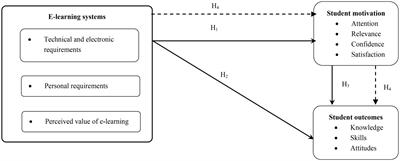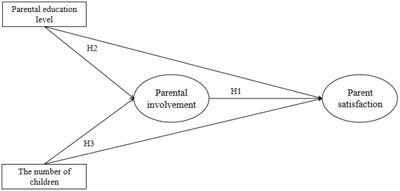EDITORIAL
Published on 25 Jul 2023
Editorial: Learning identities in times of COVID-19
doi 10.3389/fpsyg.2023.1251160
- 782 views
10k
Total downloads
105k
Total views and downloads
EDITORIAL
Published on 25 Jul 2023
ORIGINAL RESEARCH
Published on 13 Oct 2022

ORIGINAL RESEARCH
Published on 14 Sep 2022

ORIGINAL RESEARCH
Published on 29 Jul 2022

ORIGINAL RESEARCH
Published on 29 Apr 2022

ORIGINAL RESEARCH
Published on 29 Apr 2022

ORIGINAL RESEARCH
Published on 26 Apr 2022

ORIGINAL RESEARCH
Published on 14 Apr 2022

BRIEF RESEARCH REPORT
Published on 05 Jan 2022

